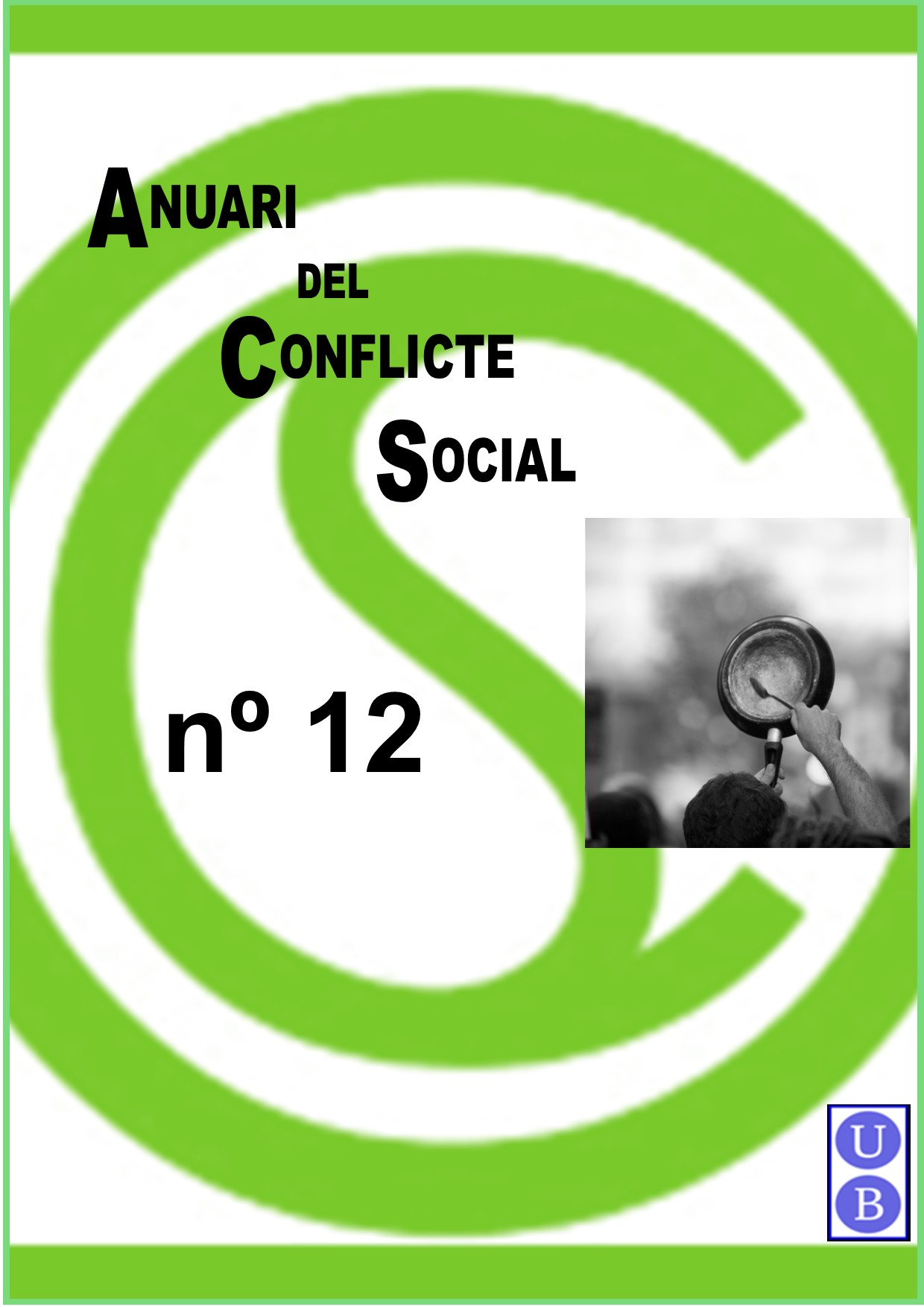Reserved seats for the mapuche in the Constitutional Convention: an institutional gap thanks to the revolt
DOI:
https://doi.org/10.1344/ACS2021.12.1Keywords:
Constitutional Convention, Indigenous reserved seats, Mapuche Movement, ChileAbstract
In 2020 Chile found itself immersed in the most important institutional debate since the end of the dictatorship: the constitutional plebiscite that enabled the calling of elections for a Constitutional Convention. This article will focus on analyzing the debates and actions of the Mapuche actors during 2020 in relation to the Chilean constituent process and, in particular, to the possibility of institutionalizing reserved seats for indigenous peoples for the first time in the country's history. For this, the work will be divided into two main sections. In the first section we will study the consequences of the “social revolt” and the different positions that arose in the Mapuche movement and population in relation to the institutional window of opportunity that the constituent debate meant. In the second part, we will focus on the rules of the game emanating from Congress, with which the Mapuche candidates and organizations that want to participate in the constitutional process must comply. In an associated way, we will present a brief characterization of the candidates and demands that have emerged in this process, trying to show if there are any kind of links with the historical demands raised by the Mapuche movement.
References
Bengoa, J. (2014). Mapuche, colonos y el Estado Nacional. Editorial Catalonia.
Bidegain, G. (2017). Cada vez más lejos: la autonomización partidaria de los movimientos sociales en Chile 1990-2014. En: J. P Luna y R. Mardones, R. (ed.), La Columna Vertebral Fracturada: revisitando intermediarios políticos en Chile (pp. 201–230). Ril editores.
Mariman, P., Caniuqueo, S., Levil, R. y Millalen, J. (2006). ¡Escucha, winka!: cuatro ensayos de Historia Nacional Mapuche y un epílogo sobre el futuro. Lom Ediciones.
Pairican, F. (2014). Malón. La rebelión del movimiento mapuche 1990-2013. Pehuén.
Precht, A. (2020). Incorporación de los Pueblos Originarios en el Proceso Constituyente. Chile. Centro de Estudios Interculturales e Indígenas - Unidad de Políticas Públicas.
Tomaselli, A. (2019). Processes and failures of prior consultations with Indigenous Peoples in Chile. En Wright, C. & Tomaselli, A. The Prior Consultation of Indigenous Peoples in Latin America: inside the Implementation Gap (pp.119-132). Routledge. https://doi.org/10.4324/9781351042109
Tricot, T. (2013). Autonomía. El movimiento mapuche de resistencia. CEIBO ediciones.
Tricot, T. y Bidegain, G. (2020a). 4. Participación y política institucional mapuche durante 2018. Anuario del Conflicto Social, 9, 111–146. https://doi.org/10.1344/ACS2019.9.6
Tricot, T. y Bidegain, G. (2020b). En busca de la representación política: el partido mapuche Wallmapuwen en Chile. Estudios Sociológicos, 38(113), 375–408. https://doi.org/10.2307/26916424
Tricot, T. y Bidegain, G. (2020c). Un año más de desencuentros: participación y política institucional mapuche en 2019. Anuario del Conflicto Social, 11, 54–74. https://doi.org/10.1344/ACS2020.11.5
Downloads
Published
How to Cite
Issue
Section
License
Copyright (c) 2021 Victor Tricot, Germán Bidegain

This work is licensed under a Creative Commons Attribution 4.0 International License.
AUTHORS RETAIN COPYRIGHT. CREATIVE COMMONS
The authors who publish in this journal agree to the following terms:
- The authors retain the copyright and grant the journal the right of first publication of the work, which will be disseminated following the Creative Commons Attribution license.
- Authors are free to establish additional independent contractual agreements for the non-exclusive distribution of the version of the work published in the journal (such as publication in an institutional or thematic repository, their personal website or a book), provided have your initial publication in this journal recognized.
- Texts will be published under a Creative Commons Attribution License that allows others to share the work, provided they include an acknowledgement of the work’s authorship, its initial publication in this journal and the terms of the license.
- Self-archiving of pre-print and post-print versions is allowed.
Privacy statement
The email addresses and names entered in this publication will be used exclusively for the purposes declared and will not be used for any other urposes or made available to third parties.







